
12 Social Media Automation Business Success Stories [2026]
Imagine managing multiple social media accounts effortlessly while driving engagement and growth. That’s the essence of a social media automation business.
In simple terms, this involves creating tools and services to schedule posts, automate interactions, and analyze data across various platforms. Your clients—from small businesses to influencers—pay you to save them time and enhance their social media presence.
With the burgeoning need for consistent and strategic social media engagement, there’s a significant demand for automation. The real work involves developing or integrating software solutions, staying updated on social media trends, and building relationships with clients to tailor services to their needs.
For those with a knack for technology and marketing, starting a social media automation business can be both a lucrative and fulfilling endeavor.
In this list, you'll find real-world social media automation business success stories and very profitable examples of starting a social media automation business that makes money.
1. Dux-Soup ($4.8M/year)
Will van der Sanden, the Founder and CEO of Dux-Soup, came up with the idea for his business after his wife expressed frustration with manual lead generation for her publishing company. Recognizing the potential in LinkedIn scraping, Will saw a gap in the market for a product that offered more value at a lower cost than existing options. The result was Dux-Soup, a LinkedIn automation tool that now has over 70,000 users and nearly $5 million in revenue.
How much money it makes: $4.8M/year
How much did it cost to start: $0
How many people on the team: 20
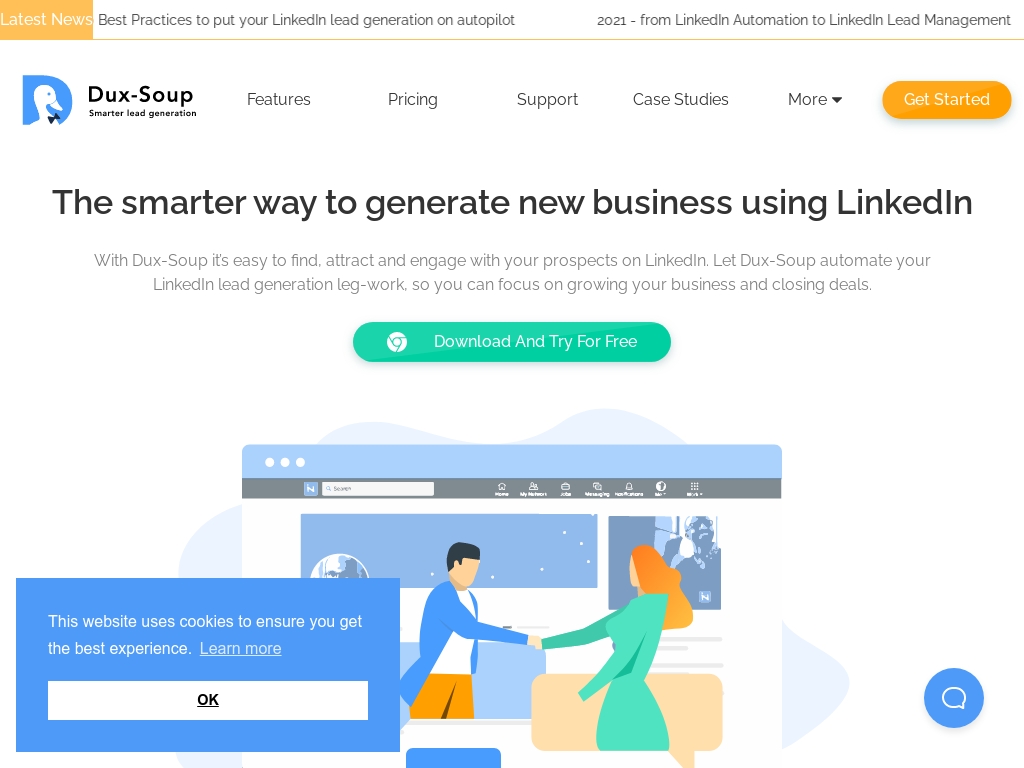

Dux-Soup is a LinkedIn automation tool that helps business owners and sales & marketing professionals generate more leads, increase efficiency, and save time; with over 70,000 users and revenue of nearly $5 million, it offers automated top-of-the-funnel LinkedIn outreach activities, targeted LinkedIn campaigns and multi-touch & personalized LinkedIn drip campaigns for lead generation.




2. MeetEdgar ($4M/year)
Laura Roeder, the founder of MeetEdgar, came up with the idea for her social media automation tool after realizing the burden of managing social media accounts and creating new content across multiple platforms. With her background in teaching social media marketing and her own online course business, she saw the need for a tool that could handle the grunt work of social media management. By validating the idea through her course, she decided to create MeetEdgar and launched the software in 2014.
How much money it makes: $4M/year
How many people on the team: 11


MeetEdgar, a bootstrapped social media automation tool founded in 2014 by Laura Roeder, has grown to $4 million in annual recurring revenue and more than 5,000 customers, with a team size of two dozen, achieved through content marketing, social media marketing, and organic search.




3. Needls ($3M/year)
Justin Hartzman and his co-founders came up with the idea for their business, Needls Media, when they realized that people were asking for things on social media. They developed a script that would monitor Facebook for keywords and alert them to potential clients. After achieving sales of 300 times in the first quarter, they knew they had a winning concept that solved the challenges faced by small businesses in social media advertising, leading to their current success as the Internet's first Robo ad agency.
How much money it makes: $3M/year
How many people on the team: 11

Needls Media is the first-ever robo ad agency, using AI and data science to automate social media advertising and generating $1.7 million in revenue in their first year.




4. Tweet Hunter ($2.64M/year)
These two founders worked on launching a product every month. And every time, the tech co-founder brought in a few early sales because he had a small but high-quality audience on Twitter. The marketing founder tried too, but failed.
At the time, they had built up a database containing thousands of tweets that they were using for another product. So he thought he could maybe use the best-performing content as inspiration for his own tweets.
The tech co-founder made a very quick prototype, and… it worked! Writing became better and quicker, and he achieved a higher engagement.
That was the first version of Tweet Hunter: a searchable library of high-performing tweets.
How much money it makes: $2.64M/year
How much did it cost to start: $0
How many people on the team: 0
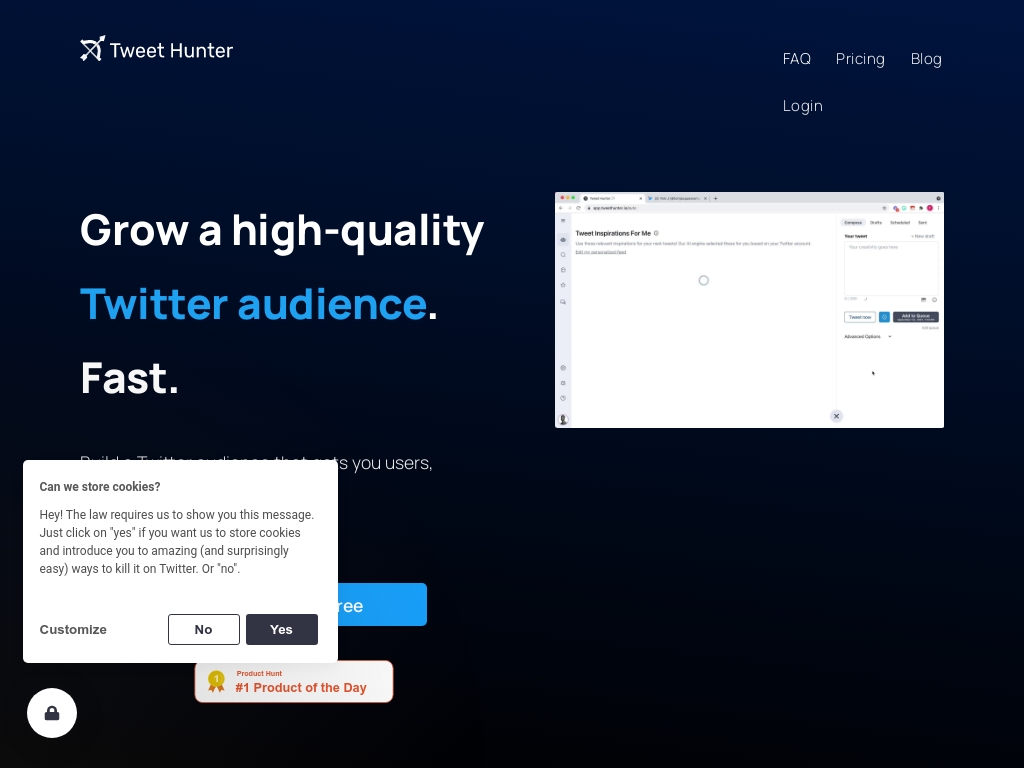

French co-founder of all-in-one Twitter tool, Tweet Hunter, discusses how his personal marketing experience and passion for solving his own problems led to their successful launch and current $60,000 MRR in under 10 months.




5. Growave ($1.32M/year)
Eldar, the founder of Growave, started the business after realizing the limitations of his successful previous venture, ThinkLab. With a desire to expand into a dynamic market, Eldar and his team researched and developed a product for the growing e-commerce industry. Despite facing challenges and delays, Growave eventually launched as a free app and gained traction through forums and the Shopify App Store, steadily growing its customer base and revenue to over 12,000 merchants and $110,000 per month.
How much money it makes: $1.32M/year
How much did it cost to start: $100K
How many people on the team: 70
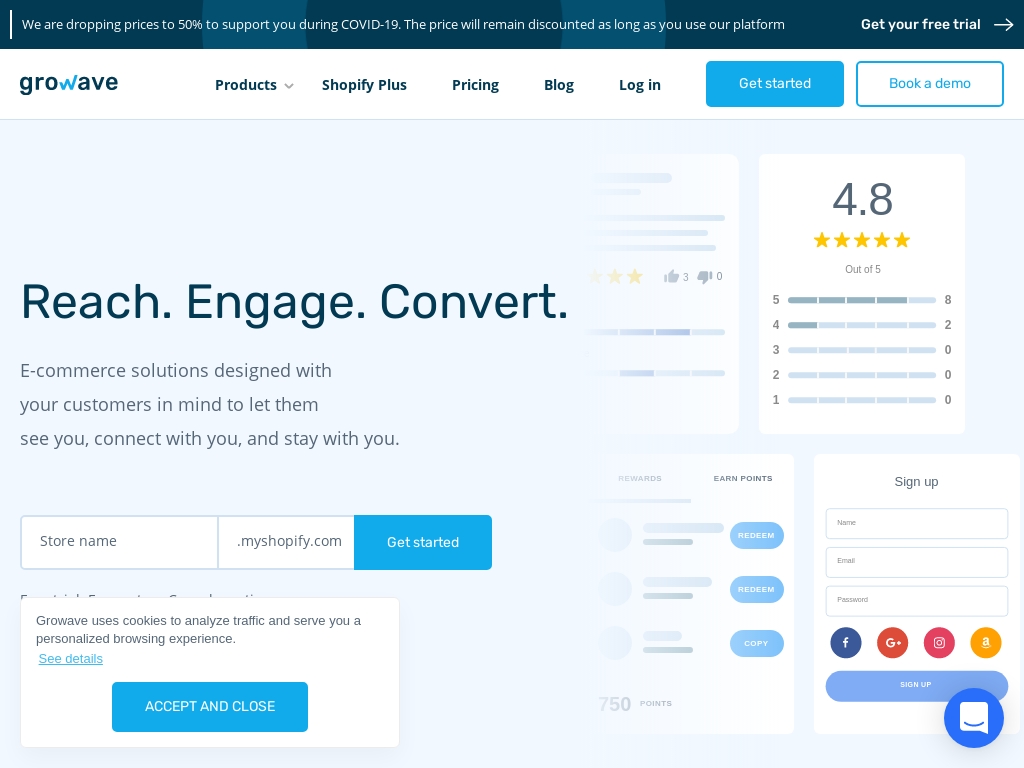

Growave, an all-in-one marketing tool for Shopify brands, went from struggling to be profitable to earning over $110,000 monthly with over 12,000 merchants using the app worldwide, thanks to an improved marketing and retention strategy implemented after the launch.




6. FlowChat ($1.2M/year)
After selling their first software company and facing intense burnout, Chris Baden and his partners identified two key pain points—finding quality leads and ensuring consistency—through interviews with 40 business owners. Combining their sales expertise with Bruno Domingues' automation, they transformed FlowChat into a tool now generating over $1 million in annual revenue.
How much money it makes: $1.2M/year
How much did it cost to start: $0
How many people on the team: 14
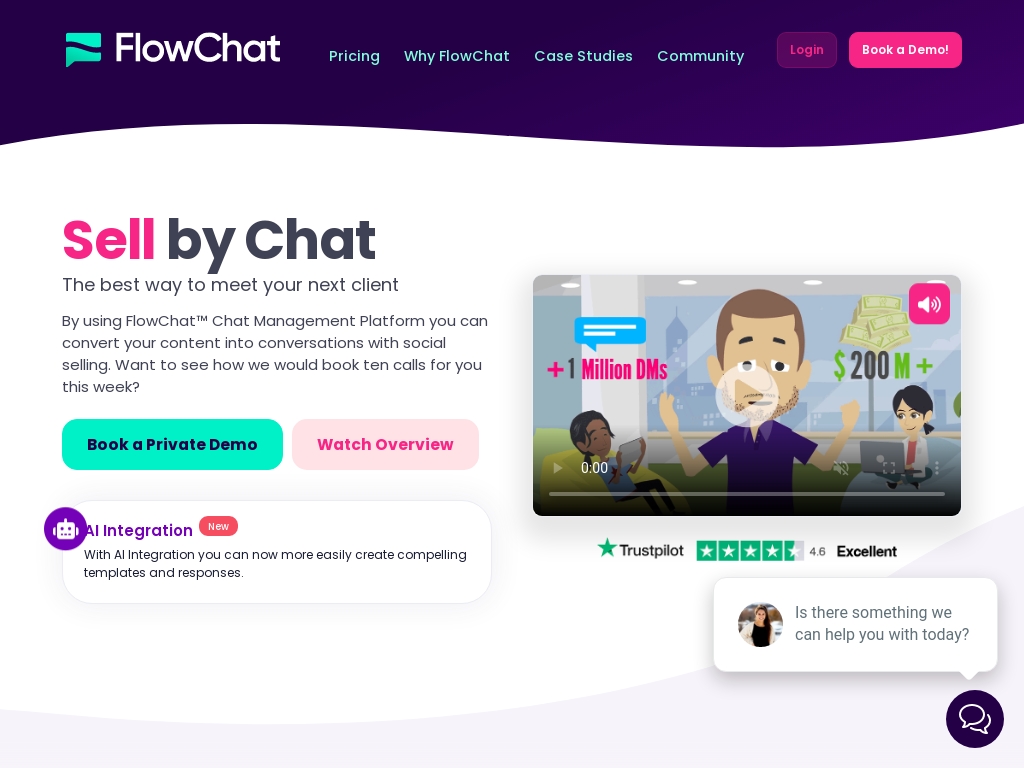

Generate over $3 million in organic sales and achieve a $100k+ monthly revenue in just 4 months by leveraging FlowChat's powerful automated social media workflows and B2B sales tools, with insider tips and scripts included.




7. OneUp ($1.2M/year)
Davis Baer, the co-founder of OneUp, came up with the idea for the social media scheduling tool after experiencing the dissatisfaction and boredom of working in the corporate finance world. He wanted to create a tool that would automate time-consuming tasks and help businesses increase visibility on social media. Baer used unorthodox marketing techniques, such as creating a spreadsheet comparing 90 different scheduling tools, to attract and retain customers.
How much money it makes: $1.2M/year
How many people on the team: 4
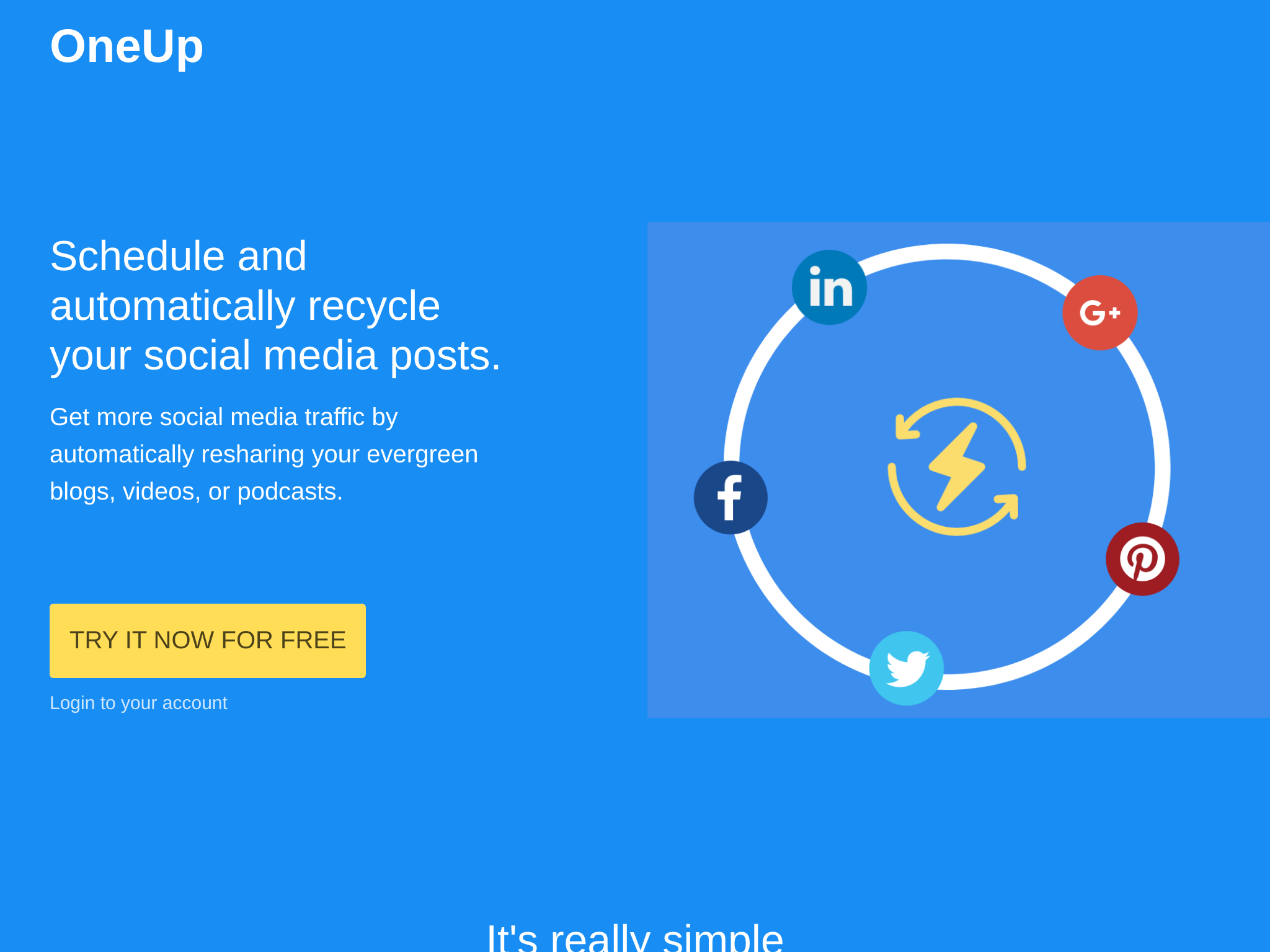

OneUp is a social media scheduling tool that helps businesses make more money by automating time-consuming tasks, allowing you to schedule Google My Business, Facebook, Instagram, Twitter, and LinkedIn posts, with the unique feature of allowing for posts to be set on repeat automatically.




8. Postoplan.app ($840K/year)
Alex Bozhin, founder & CEO of Postoplan, came up with the idea for his automated marketing platform for social media and messengers after working with various social media instruments in his marketing agency and feeling that something was missing. He saw an opportunity to revolutionize the market and create his own instrument for working with social media. After months of research and interviews with potential clients, he launched Postoplan and attracted over 1,000 users, including paying ones, through a Product Hunt launch.
How much money it makes: $840K/year
How much did it cost to start: $11K
How many people on the team: 27
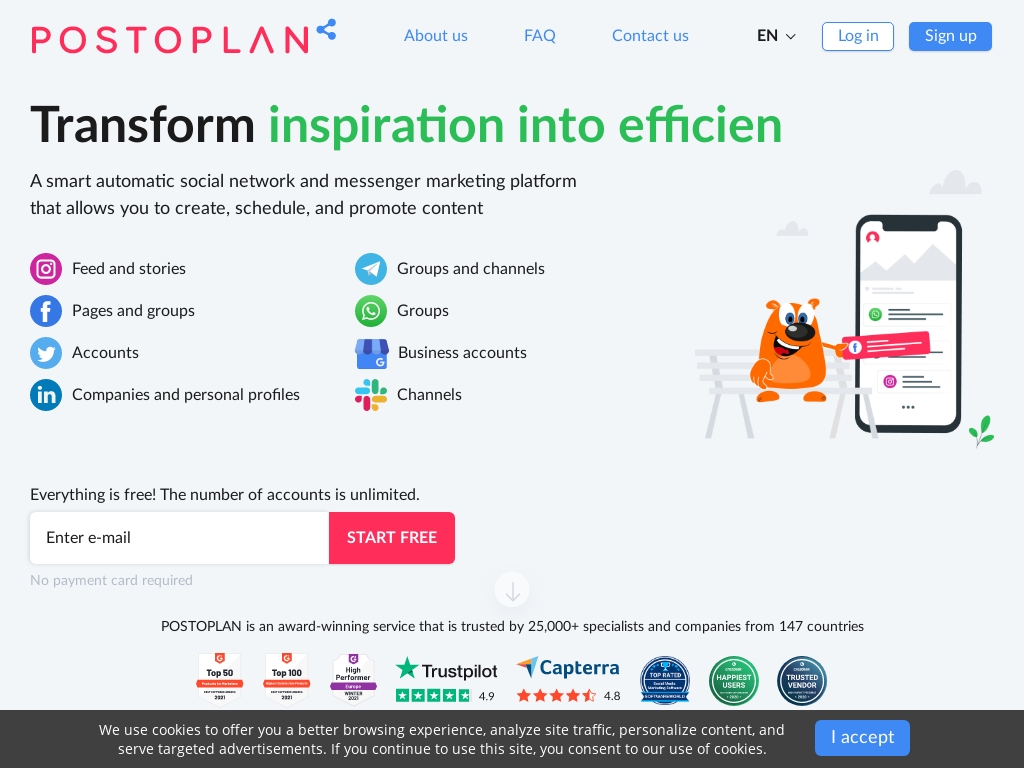

Postoplan, an automated marketing platform for social media and messengers, has reached over $1M in revenues and boasts 112,000 users in 147 countries with an average annual revenue growth of +25% MoM, making it among Estonia's Top 5 most promising startups in 2020, a finalist for the Global Business Owners Startup Awards in 2021, and placing 2nd at Seedstars Tallinn in 2020, all while being the only marketing platform that enables automated posting to WhatsApp.




9. RecurPost ($420K/year)
Dinesh, founder of social media scheduler RecurPost, started his entrepreneurial journey after completing his Ph.D. in Computer Science. After creating multiple products that didn't gain traction, he pivoted his social media management tool to focus solely on repeating schedules, which resonated with users and led to the success of RecurPost. With over 25,000 users and $20,000 in monthly revenue, the business continues to grow and improve its features based on customer feedback.
How much money it makes: $420K/year
How many people on the team: 15
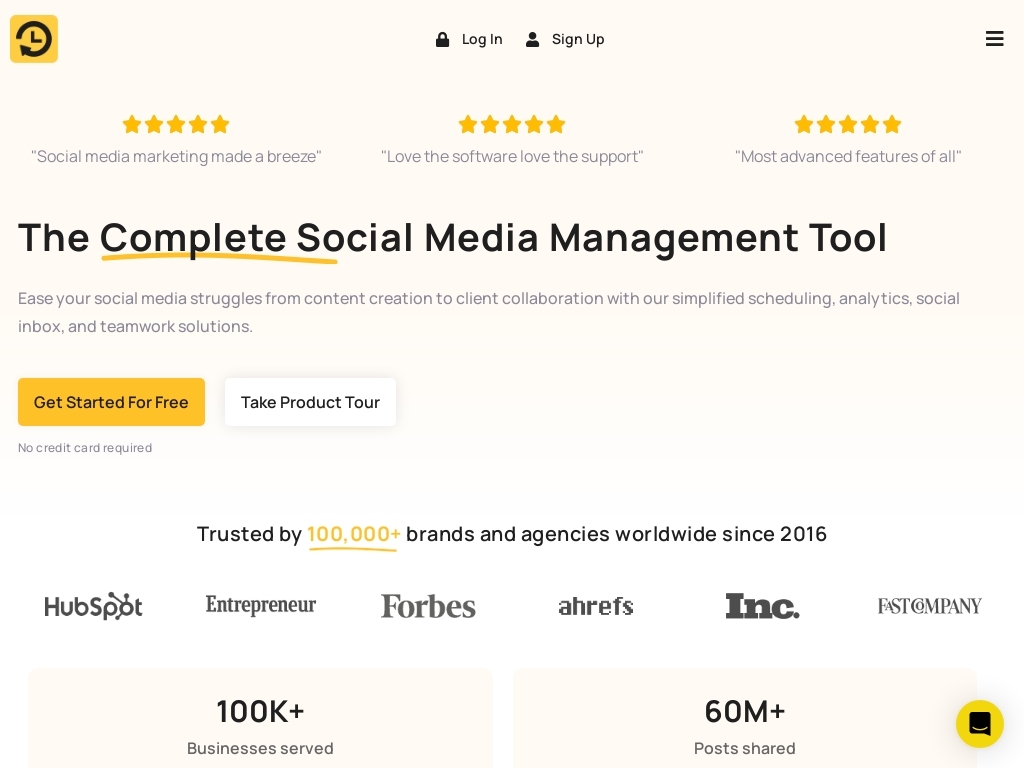

Dinesh, founder of RecurPost, explains how he started as a research scientist before pivoting to entrepreneurship, creating over 30 products until he got traction with RecurPost, currently making $20k per month with over 25,000 users, generated organically through high ranking websites and a generous 20% affiliate program, while being a customer-centric company.




10. Instoo ($360K/year)
Rohan Arun, the Founder of Instoo, came up with the idea for his social automation service after writing a viral article in 2017 about building Instagram bot farms. The article gained a lot of traction and ranked #1 on Google, giving him insight into the automation market. Inspired by this, he launched Instoo to automate business growth on social platforms, which now has thousands of global active users and generates an average monthly revenue of $30,000.
How much money it makes: $360K/year
How much did it cost to start: $0
How many people on the team: 3
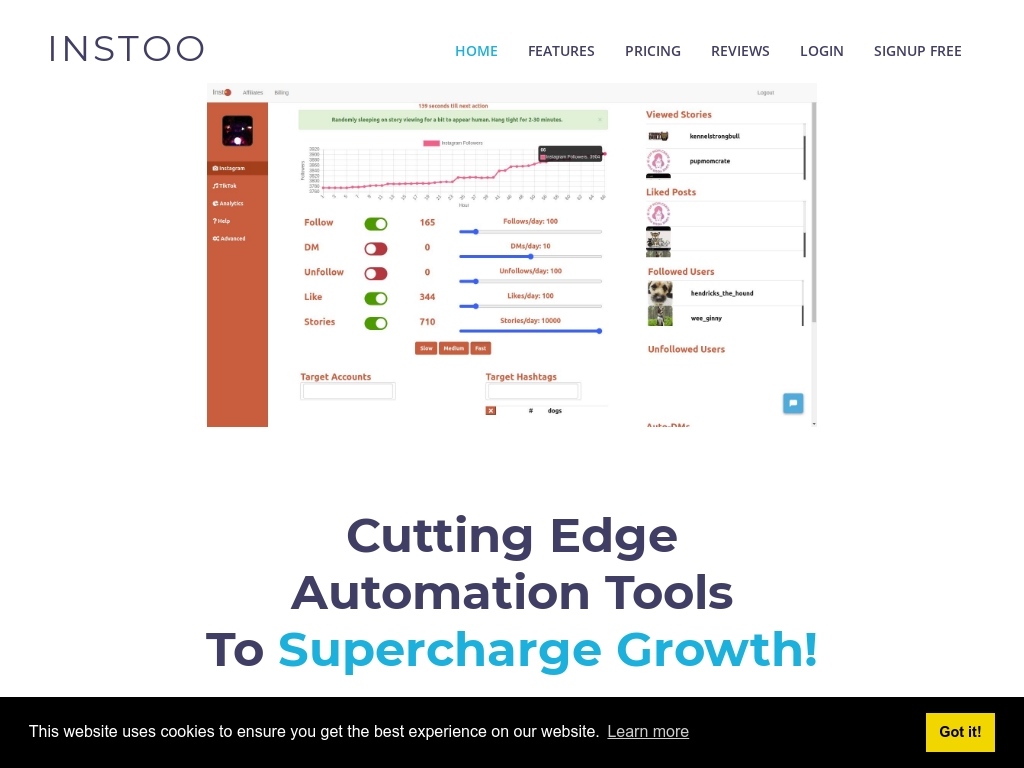

Instoo Founder Rohan Arun raised $3.9 million through his previous startups before launching Instoo, which now has thousands of global active users and generates $30,000 in average monthly revenue through its social automation service.




11. SocialBu ($144K/year)
Usama, the CEO and co-founder of SocialBu, came up with the idea for his social media management platform while freelancing as a developer and managing social media accounts. He saw a need for a more powerful and affordable solution, so he built a simple tool that gained traction and eventually led him to create SocialBu. Since its launch, the bootstrapped company has made $300K in revenue and has plans for future improvements and features.
How much money it makes: $144K/year
How much did it cost to start: $2K
How many people on the team: 6
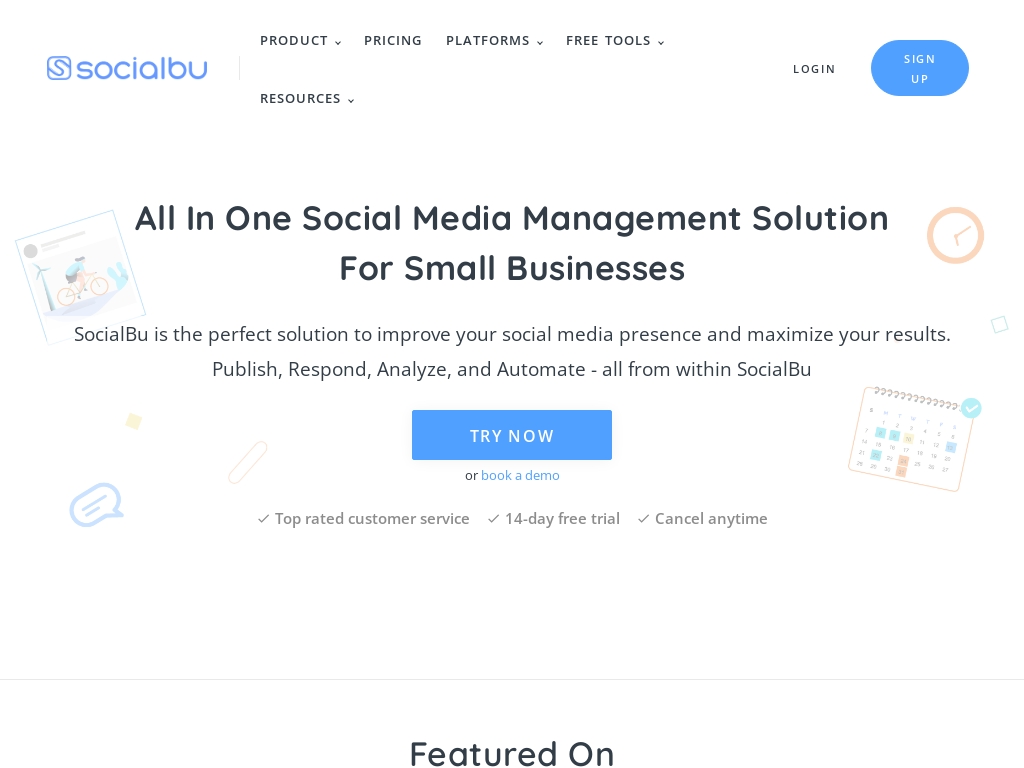

Social media management platform SocialBu is 100% bootstrapped and has made about $300K since its launch, and CEO Usama shares his process of building a social media management tool that solved a real problem and attracted users through online communities and organic traffic.




12. LinkHelp ($48K/year)
a risk-free way to try out LinkHelp and see if it meets their needs.
Referral Program We have implemented a referral program that rewards customers for referring others to our platform. This has helped us in acquiring new customers and retaining existing ones through word-of-mouth marketing.
Customer Support We prioritize excellent customer support and provide timely responses to any queries or issues our customers may have. This level of support helps us in building trust and loyalty with our customer base.
Continuous Product Improvements We constantly listen to customer feedback and make regular updates and additions to our product based on their needs and suggestions. This helps us in providing a better user experience and retaining customers.
In terms of marketing, what has been your most successful strategy? Our most successful marketing strategy has been content marketing. We create and share valuable content through our blog and social media channels, focusing on topics that are relevant to our target audience such as LinkedIn lead generation, networking tips, and business growth strategies.
This strategy has helped us in establishing ourselves as a thought leader in our industry and attracting organic traffic to our website. It also helps in building brand awareness and credibility among our target audience.
Additionally, we have also leveraged partnerships and collaborations with industry influencers and experts to reach a wider audience and increase our brand visibility.
What are some of the biggest challenges you've faced and obstacles you've overcome? One of the biggest challenges we faced was building credibility and trust in a competitive market. As a relatively new player in the LinkedIn lead generation space, we had to prove ourselves to potential customers and differentiate ourselves from established competitors.
To overcome this challenge, we focused on providing exceptional customer support, consistently delivering a high-quality product, and leveraging customer testimonials and case studies to showcase the positive impact LinkHelp has had on businesses. Building a strong online presence and actively engaging with our community on social media also helped in building trust and credibility.
Another challenge we faced was acquiring customers without a large marketing budget. We had to be creative in our marketing efforts and leverage cost-effective strategies such as content marketing, referral programs, and partnerships to attract and retain customers.
Overall, we have learned that perseverance, adaptability, and constantly listening to customer feedback are key to overcoming challenges and growing a successful business.
What advice do you have for aspiring founders who want to build their own business? My advice for aspiring founders is to always focus on solving a real pain point or problem for your target audience. Understand their needs and challenges and create a product or service that provides a valuable solution.
Additionally, surround yourself with a strong team that shares your passion and vision. Building a business is not a solo journey and having a team with complementary skills and expertise can greatly contribute to your success.
Don't be afraid to start small and iterate as you go. Test your ideas, gather feedback, and continuously improve your product or service based on customer needs.
Lastly, be prepared for challenges and setbacks along the way. Building a business is not easy, but with perseverance, determination, and a willingness to learn and adapt, you can overcome obstacles and achieve your goals.
How much money it makes: $48K/year
How much did it cost to start: $1K
How many people on the team: 3
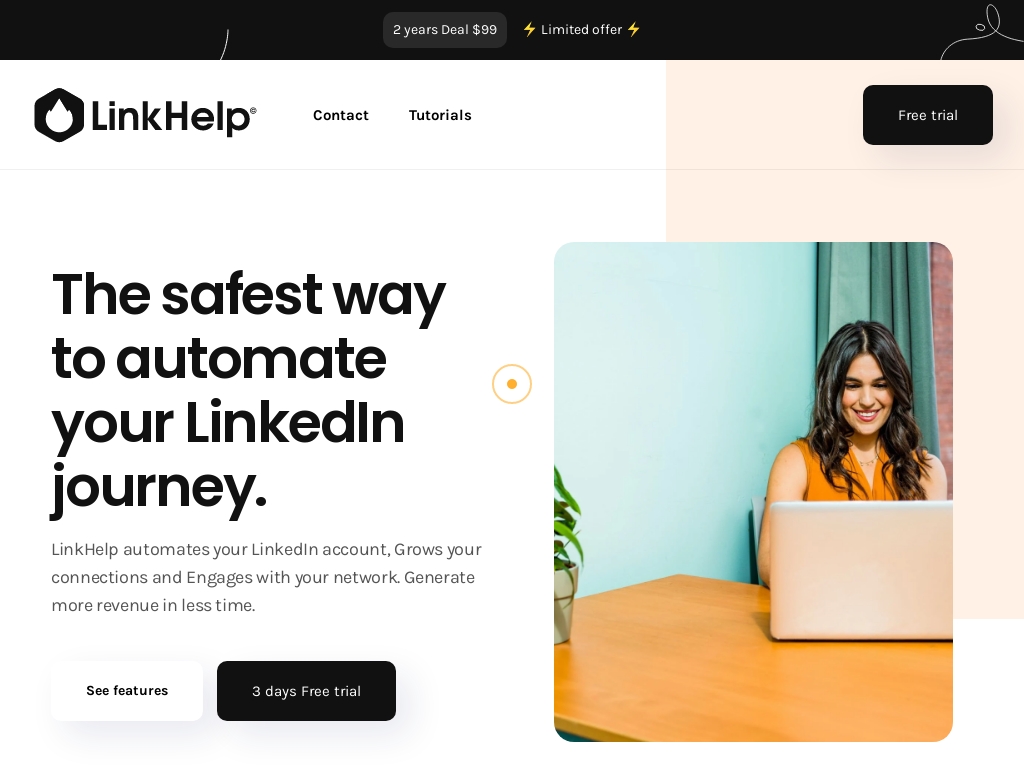

LinkedIn lead generation and relationship-building tool, LinkHelp, used by entrepreneurs and small-to-medium businesses across different industries in more than 90 countries, boasts a diverse user base and an ARR of $50k, with a pricing model that's economical compared to competitors.
















